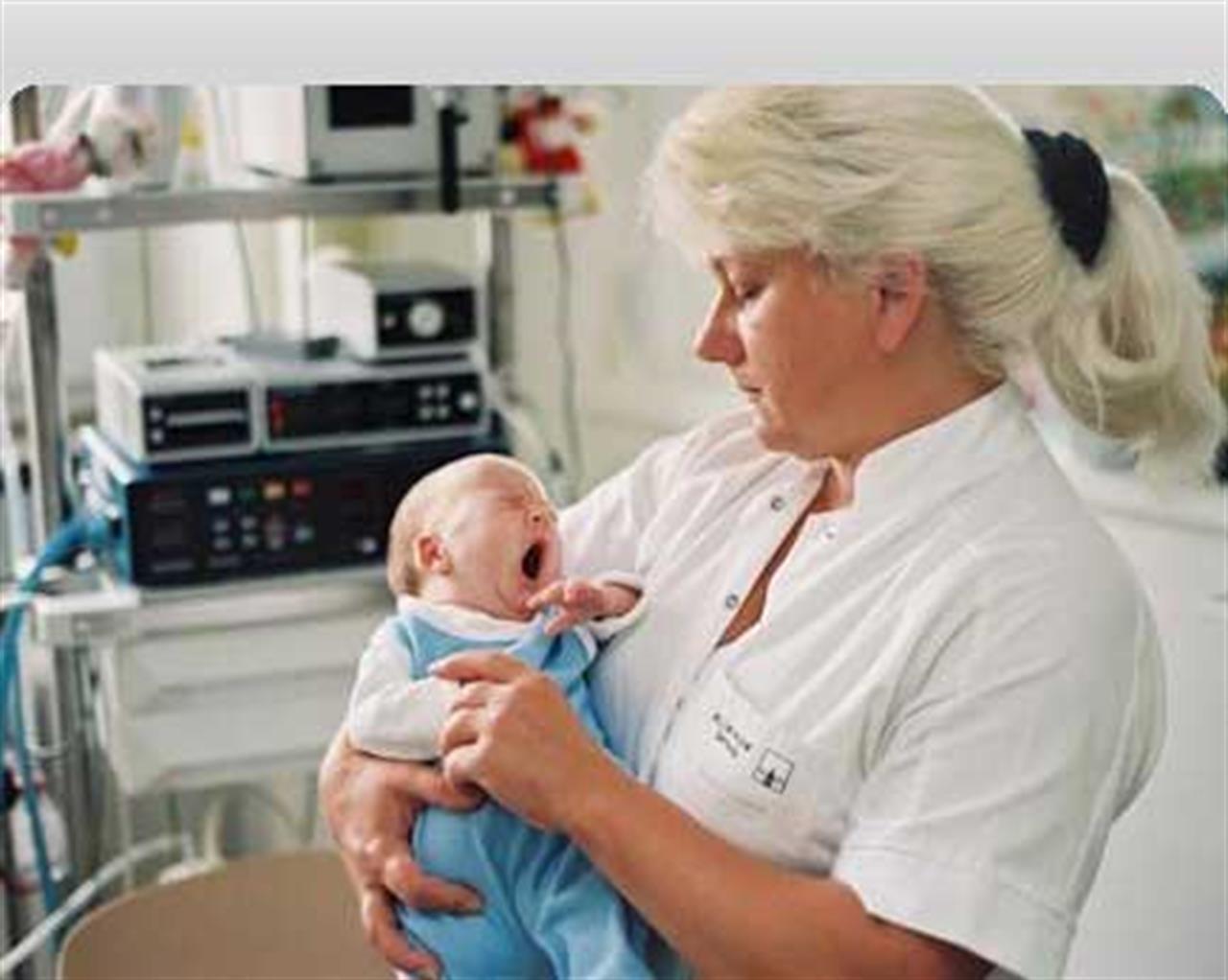Non profit
The solution? Germany’s health care system
US should look to Germany to heal health reform problems
di Staff

by Maddalena Plebani
15% of citizens, 10% of voters.
These are the people who are not covered by any health insurance in the United States.
But to some German commentators (Sueddeutsche Zeitung, die Tageszeitung, der Tagesspiegel) it seems that, in the name of freedom (of choice), most Americans would rather accept an inferior (and not universal) health service rather than involving the government into the health system.
Yet, these two things – freedom of choice and high quality in health care services – do not seem to be incompatible.
In Germany, where it is compulsory for people earning below 48,000 € (66,000 $) per year to subscribe at a state sickness fund, this health system seems to work. Without a monopoly of the state in the health system.
How do the Germans manage it? Simply: the state sickness funds are not truly state run. They are heavily regulated though: the government sets basic health care standards and premiums for everyone. Every wage-earning citizen pays half of 15% of his income (the other half is paid by the employer).
On average, this amount is lower than the American payments. And this reliance on income-based premiums means that wealthy individuals pay more than the less well-off.
Moreover, wealthier citizens could also choose amongst a range of private health care insurers: there are 115 private organisations providing health insurance, half of which are mutual. The others are for-profit insurers. Of these 115 organisations, 51 companies account for 99 per cent of premium income. They operate nationwide and are members of a powerful lobby group, the Association of Private Health Insurers. The remaining 65 are small private associations and local relief funds offering mainly supplementary insurance.
There are also many non profit organizations providing health care, including, in particular, voluntary welfare organizations such as the Arbeiterwohlfahrt (National Association for Workers’ Welfare), Caritas, the Deutscher Paritätischer Wohlfahrtsverband (German Non-Denominational Welfare Association), the German Red Cross, Diakonisches Werk (Service Agency of the Protestant Church in Germany).
To overcome the innate aversion of Americans towards government involvement, Obama’s team is now suggesting a non profit cooperative insurance system.
Is he giving up the ‘public option’ too soon?
Additional sources:
http://www.spiegel.de/international/world/0,1518,643501,00.html
http://www.med-kolleg.de/german-health-system_e.html
http://www.miller-mccune.com/health/karl-marx-and-american-health-care-1374
Si può usare la Carta docente per abbonarsi a VITA?
Certo che sì! Basta emettere un buono sulla piattaforma del ministero del valore dell’abbonamento che si intende acquistare (1 anno carta + digital a 80€ o 1 anno digital a 60€) e inviarci il codice del buono a abbonamenti@vita.it
